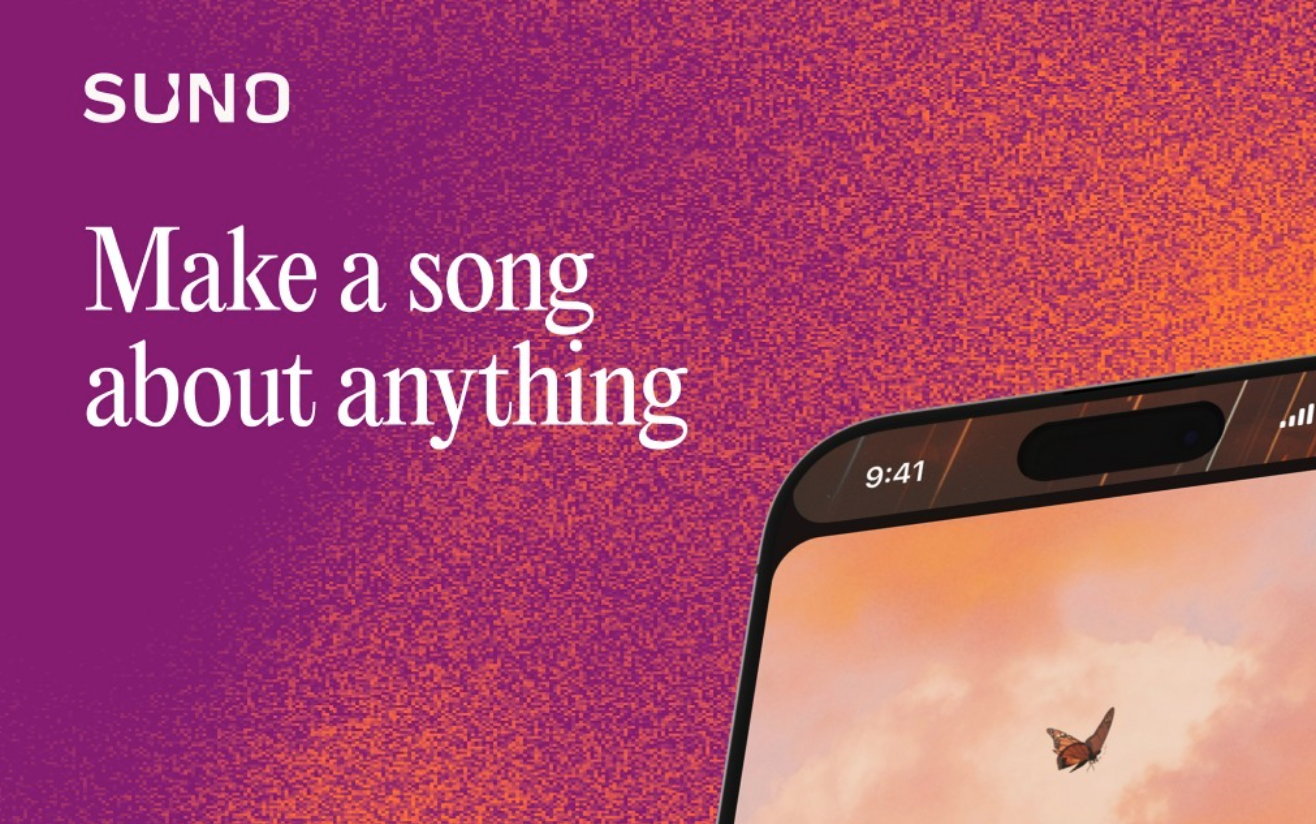“Suno’s training data includes essentially all music files of reasonable quality that are accessible on the open internet.”
“Rather than trying to argue that Suno was not trained on copyrighted songs, the company is instead making a Fair Use argument to say that the law should allow for AI training on copyrighted works without permission or compensation.”
Archived (also bypass paywall): https://archive.ph/ivTGs



Abolish copyright.
I’m fine with copyright, provided it’s limited to only a few years and can’t ever be extended. This “lifetime of the author plus 50 years” shit is what makes it terrible.
Why?
Because it manufactures scarcity and causes us to repeatedly expend energy reproducing things that could be otherwise copied and enjoyed at near-zero cost.
We keep inventing silly rules in order to put off dealing with the existential threat our mode of production represents. “Copyright” is the first and silliest of those rules.
Are you taking about patents? Cause a world without copyright doesn’t sound very fun to me. Or anyone in a remotely creative job.
Ever for patents: There’s a reason innovations are protected literally anywhere in the world, but the durations being ever longer is a real problem (5 years would probably be fine). The basic concept is still just straight up necessary.
No, i’m talking about all intellectual works (copyrights and patents being some of the categories commonly used)
Humans need no incentive to create new works, but the way we distribute resources requires us to make these rules so that those creators fit within our ‘work for food’ production model.
Even a modest UBI would support most creative endeavors, but instead of that we have a “monetize your work or starve” arrangement.
I agree that the current state of laws is overkill by about an order of magnitude, and that’s obviously bad.
But you do need some amount of protection for works created. Imagine being a photographer, you can’t make money. You make some nice photos, and how do you sell them? If you send a sample to someone, they can just print that and you can do nothing. There’s no copyright after all. It isn’t somthing you can protect legally, so you can’t stop them or sue them for compensation. There’s also a flip side from the corporate perspective: You might find employment as a full time photographer in places that need them, but what about all the companies that just need an occasional picture? You can’t contract it out, because you have no way to negotiate anything if their work isn’t protected, you can’t even look at samples cause nobody would ever dare showing any or they might just be used.
I think you have to abolish hierarchical society first. Which I also think should be done. But if you get rid of rules protecting creative endeavors before getting rid of the shitheel corporations it gets rid of creative endeavor more than it gets rid of the corporate bastards. The problem with copyright as it stands is how much the corporate bastards have twisted it over time to benefit them instead of the collective us.
that’s not what copyright does.
You don’t have to abolish hierarchy, you just have to de-tangle work from sustenance-level resource distribution. A UBI sufficient for living would be enough. Even providing universal housing and reducing the workweek would help.
Copyright simply makes creative work profitable, but profit isn’t necessarily a prerequisite for creative work.
Oh my desire to abolish hierarchical society is… Pretty core to who I am lol. So there was some bias in that. Yeah there’s ways to make get rid of copyright, still have professions, and still have a hierarchy, but at a certain point you’re building a gentler form of capitalism instead of treating people with the true respect and dignity they deserve. I’m willing to accept I’m pretty radical on this particular set of views.
Also yes. Everyone should get UBI and the billionaires pockets should be where we get the money from
I guess my point is that retaining copyright isn’t necessarily dependent on abolishing hierarchies altogether. People imagine it would take a complete re-imagining of our economy to abolish copyright (and it isn’t a small thing, to be sure), but it’s honestly less intensive than most people think.
Especially since most of the economic value of copyright is held by large corporations, not private individuals.